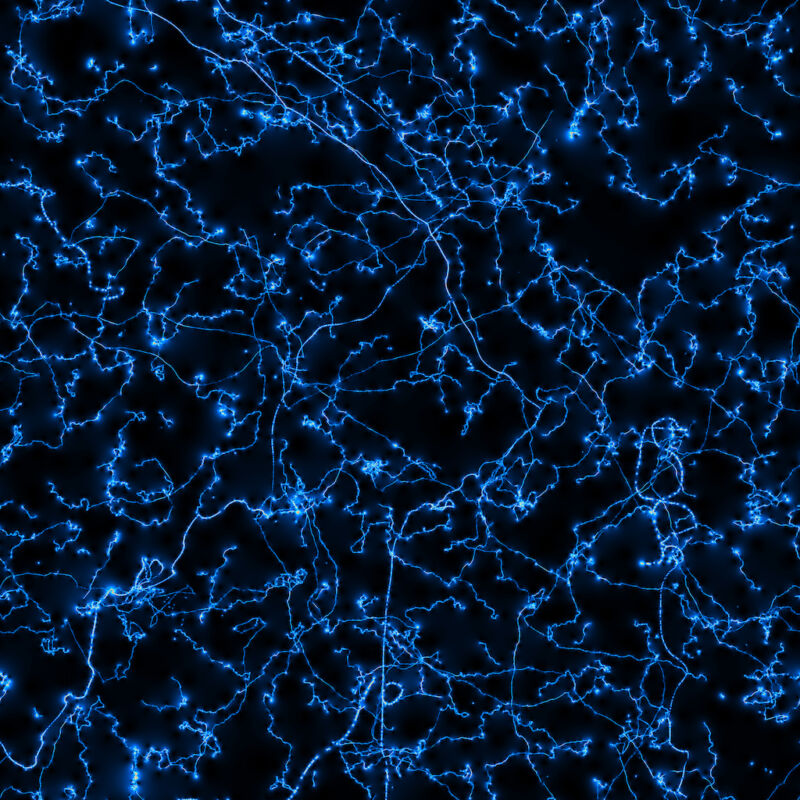I ended up as an activist in a very different place from where I started. I thought that if we just redistributed resources, then we could solve every problem. I now know that’s not true. There’s a funny moment when you realize that as an activist: The off-ramp out of extreme poverty is, ugh, commerce, it’s entrepreneurial capitalism. I spend a lot of time in countries all over Africa, and they’re like, Eh, we wouldn’t mind a little more globalization actually.
And:
Isn’t citing Thomas Piketty a little dicey for you, given what he says about fairer taxation?
Yes, he has a system of progressive taxation and I get it, but the question that I’m compelled to answer is: How are things going for the bottom billion? Be careful to placard the poorest of the poor on politics when they are fighting for their lives. It’s very easy to become patronizing. Capitalism is a wild beast. We need to tame it. But globalization has brought more people out of poverty than any other -ism. If somebody comes to me with a better idea, I’ll sign up. I didn’t grow up to like the idea that we’ve made heroes out of businesspeople, but if you’re bringing jobs to a community and treating people well, then you are a hero. That’s where I’ve ended up. God spare us from lyricists who quote themselves, but if I wrote only one lyric that was any good, it might have been: Choose your enemies carefully because they will define you. Turning the establishment into the enemy — it’s a little easy, isn’t it?
Here is the full NYT interview.
The post The wisdom of Bono appeared first on Marginal REVOLUTION.

Enlarge / The default wallpaper for macOS 11 Big Sur. (credit: Apple)
Earlier this week, Apple released a document clarifying its terminology and policies around software upgrades and updates. Most of the information in the document isn't new, but the company did provide one clarification about its update policy that it hadn't made explicit before: Despite providing security updates for multiple versions of macOS and iOS at any given time, Apple says that only devices running the most recent major operating system versions should expect to be fully protected.
Throughout the document, Apple uses "upgrade" to refer to major OS releases that can add big new features and user interface changes and "update" to refer to smaller but more frequently released patches that mostly fix bugs and address security problems (though these can occasionally enable minor feature additions or improvements as well). So updating from iOS 15 to iOS 16 or macOS 12 to macOS 13 is an upgrade. Updating from iOS 16.0 to 16.1 or macOS 12.5 to 12.6 or 12.6.1 is an update.
"Because of dependency on architecture and system changes to any current version of macOS (for example, macOS 13)," the document reads, "not all known security issues are addressed in previous versions (for example, macOS 12)."

Enlarge / A computer-generated simulation of cosmic strings. (credit: Chris Ringeval)
Remember that time in the Lord of the Rings lore when the dwarves of Moria dug too greedily and too deep, unearthing the Balrog, an ancient horror not meant to roam free in the modern age?
Cosmic strings are kind of like that but for physics. They are hypothetical leftovers from the momentous transformations experienced by our Universe when it was less than a second old. They are defects, flaws in space itself. They’re no wider than a proton, but they may potentially stretch across the observable volume of the Universe. They have unspeakable powers—the ability to warp space so much that circles around them never complete, and they carry enough energy to unleash planet-destroying levels of gravitational waves. They’re also the path into some of the most exotic physics known (and unknown) to science.
But perhaps the greatest power cosmic strings possess is their capacity to confound physicists. According to our best understanding of the early Universe, our cosmos should be riddled with cosmic strings. And yet not a single search has found any evidence for them. Figuring out where the cosmic strings are hiding, or why they shouldn’t exist after all, will help push our understanding of cosmology and fundamental physics to new heights.
